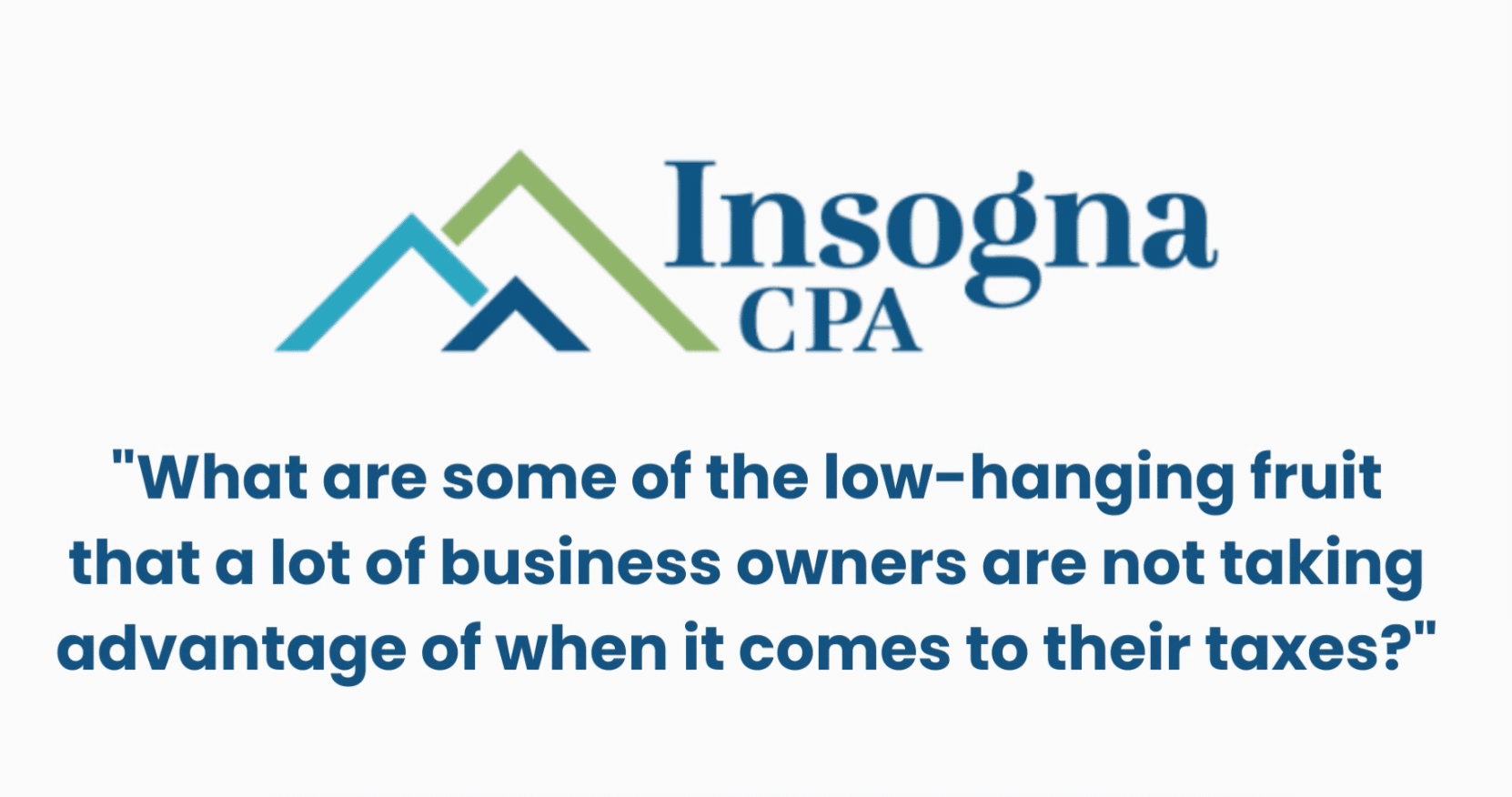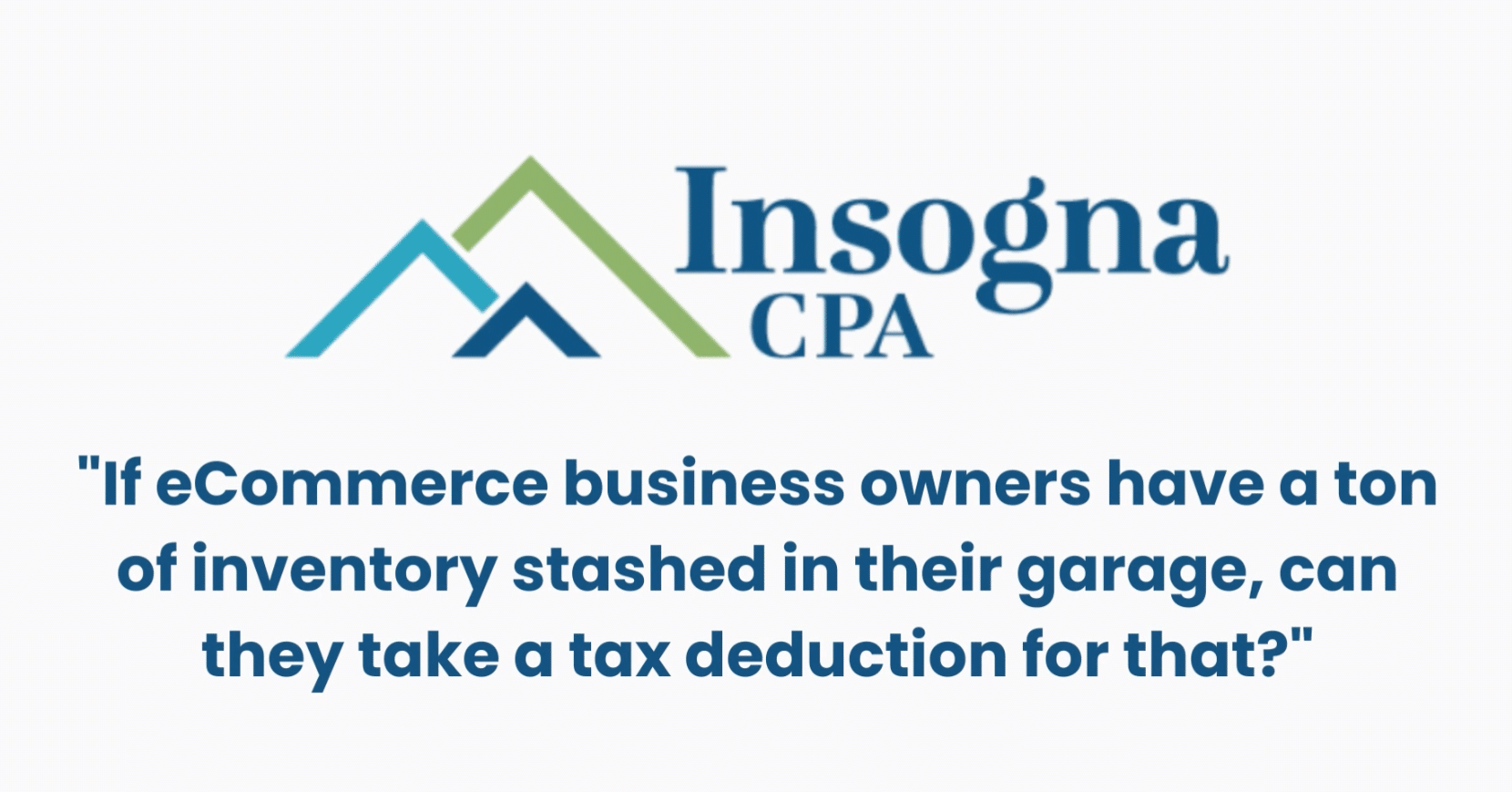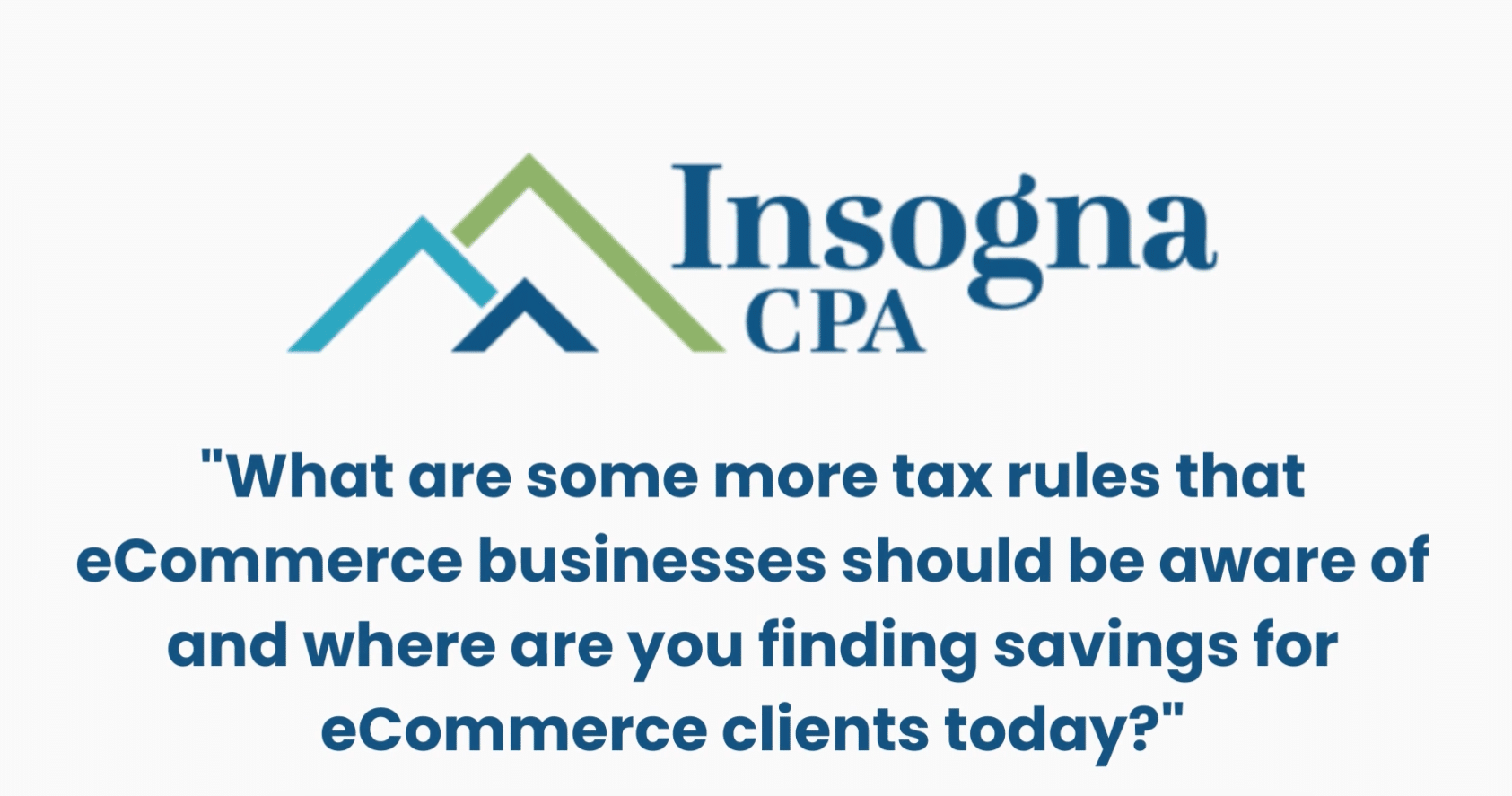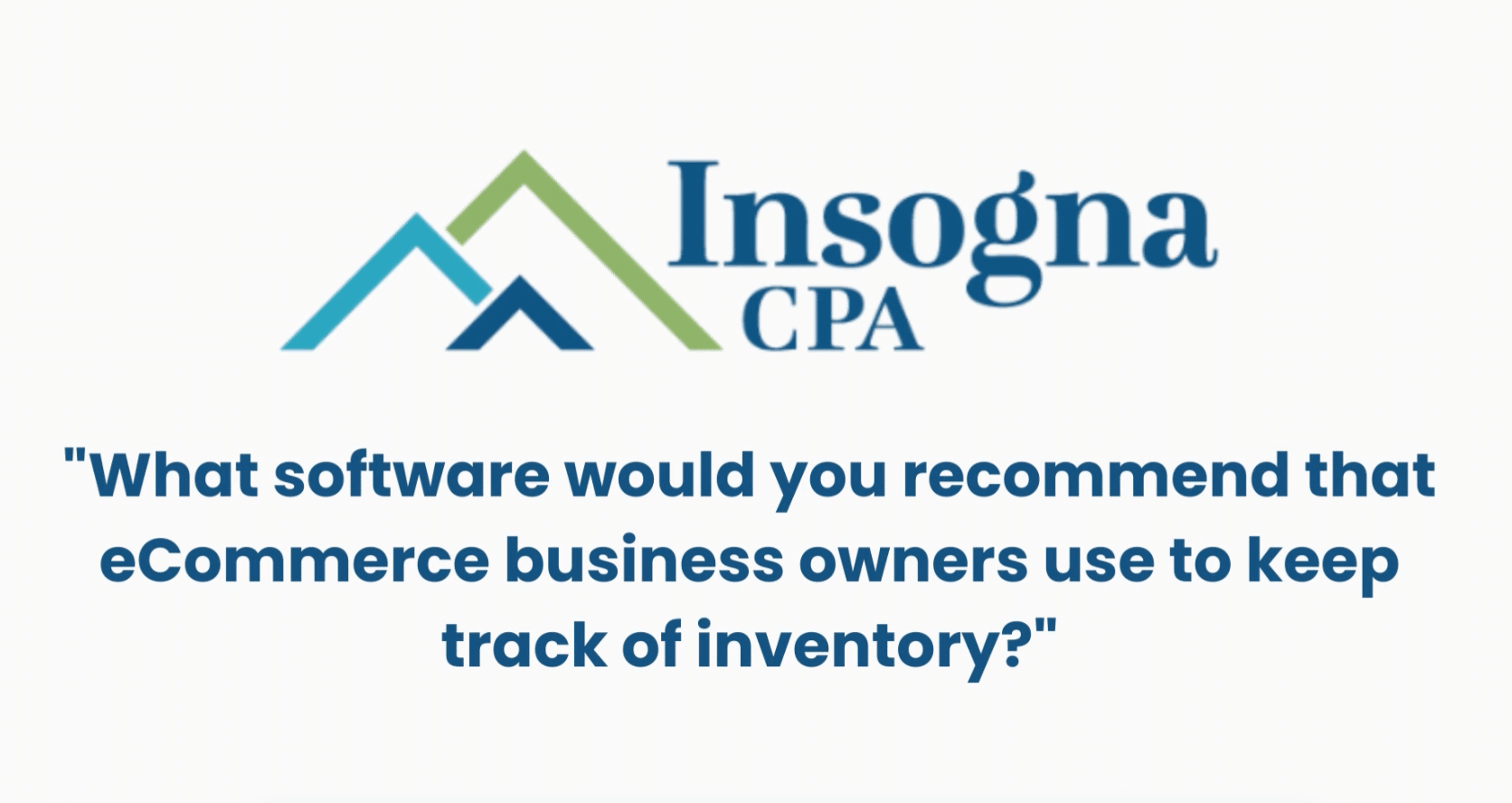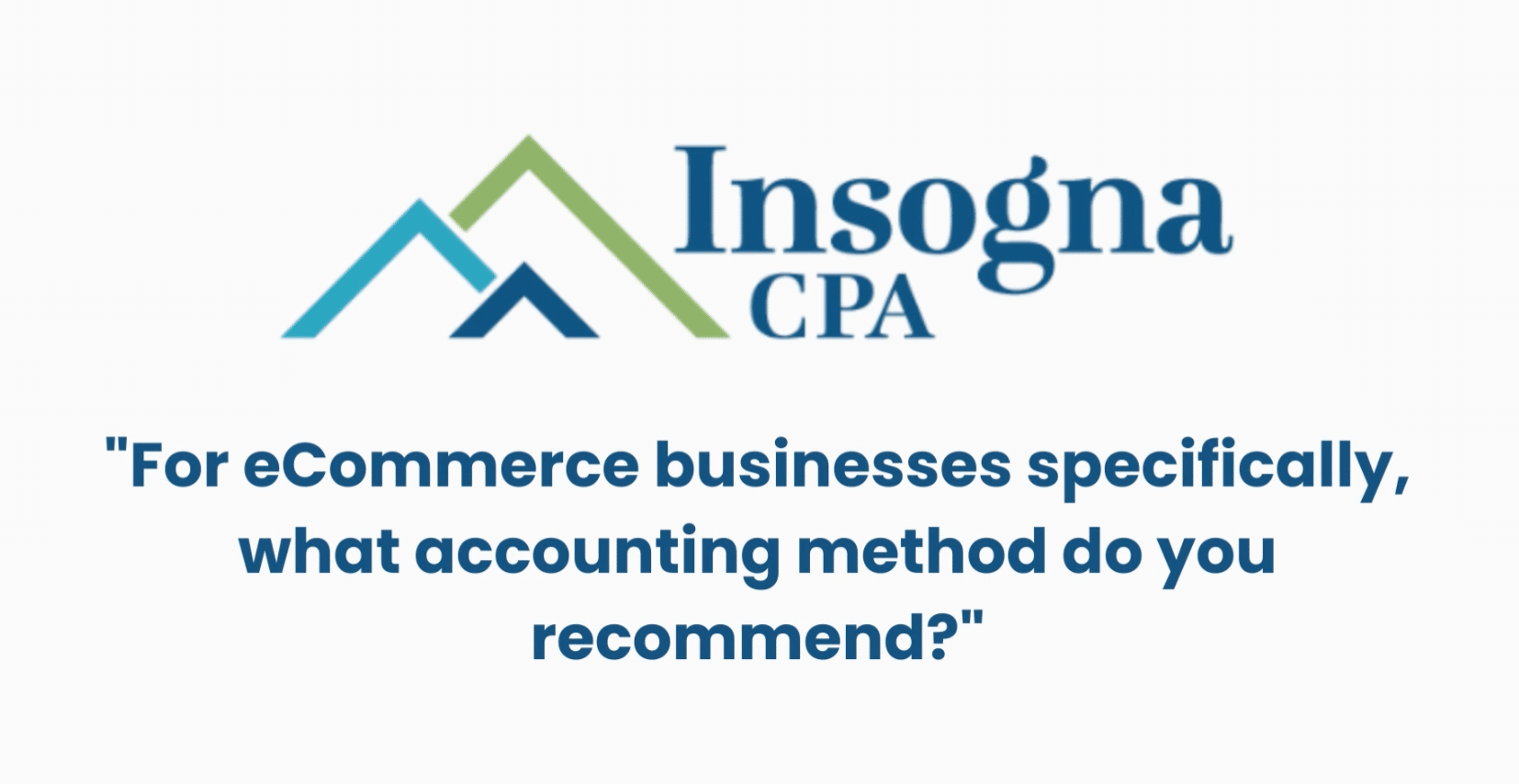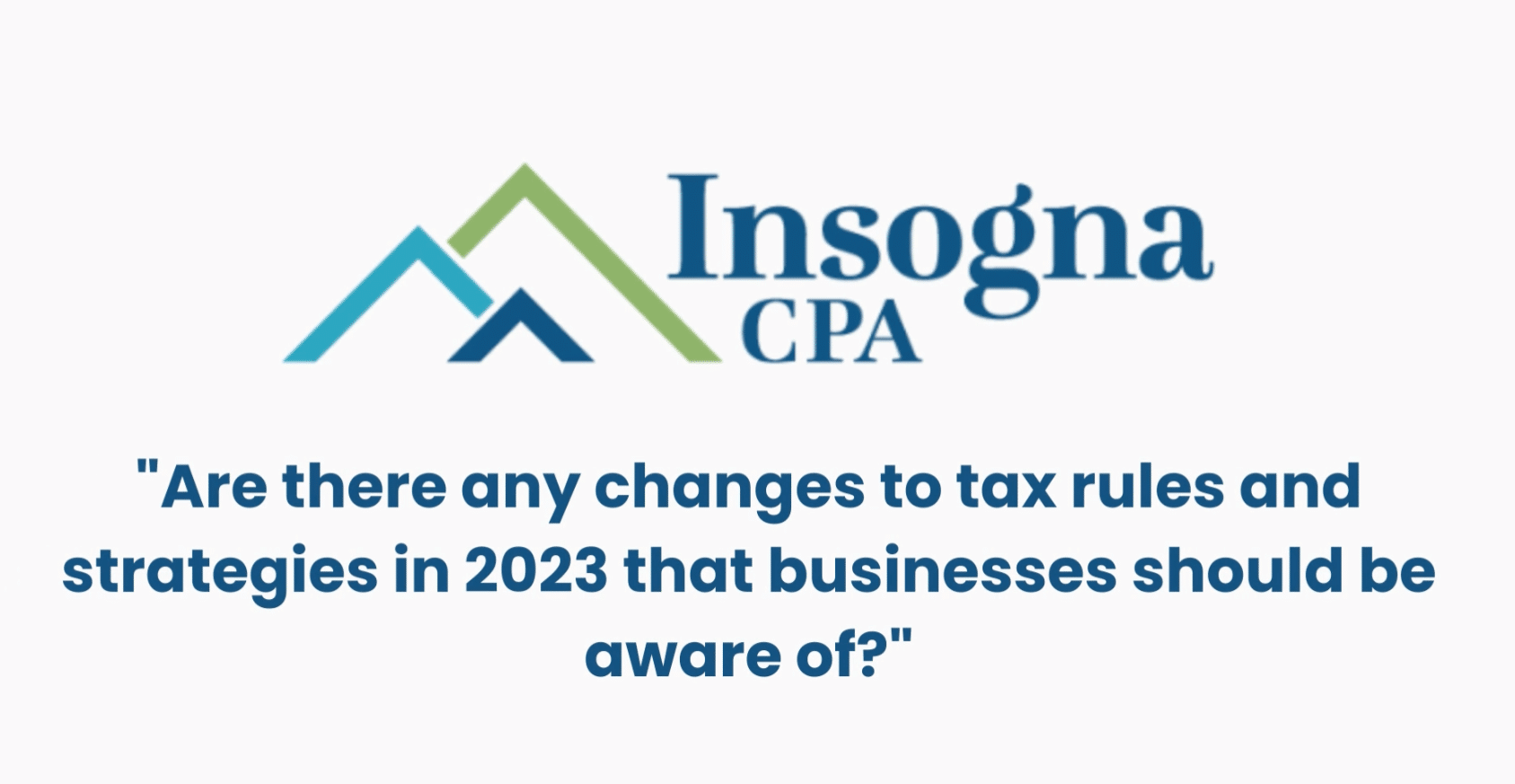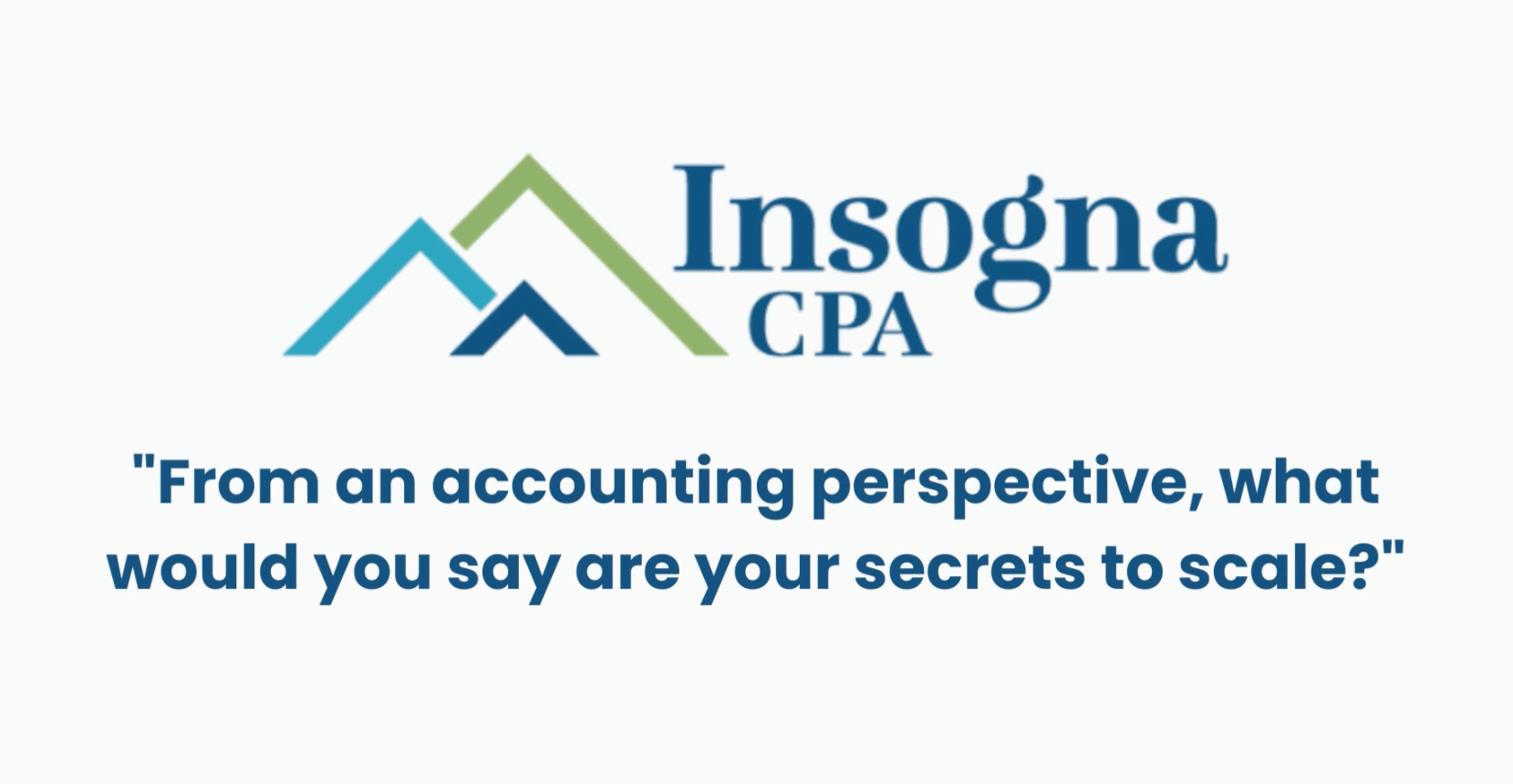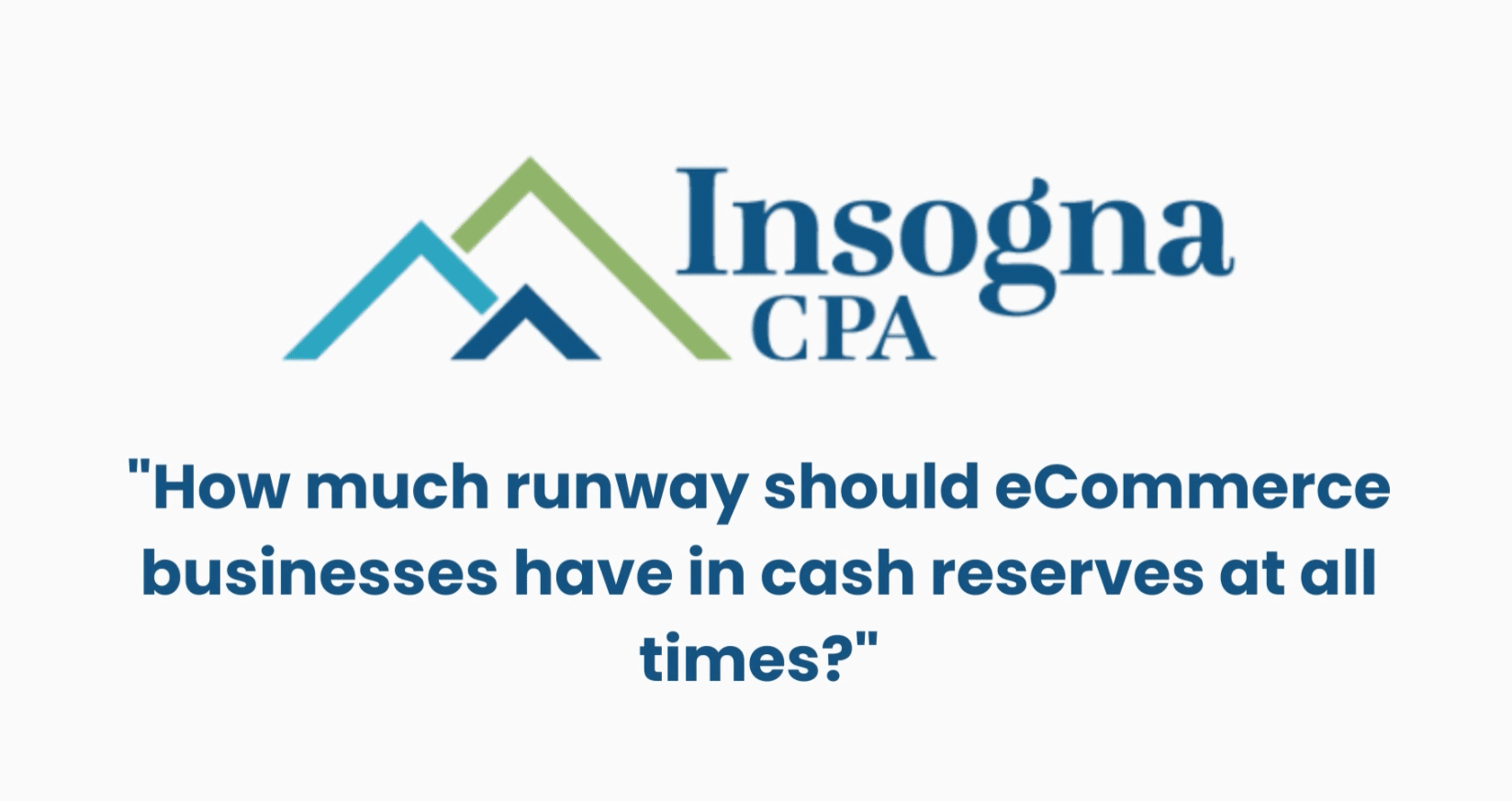Tax Accountants for eCommerce Business Owners
In the fast-paced world of e-Commerce business, using the best ranked CPA Accountant Team that understands the eCommerce tax strategies advise is crucial when you are looking for the top-ranked tax consultants to navigate the online tax landscape and unlock the full potential of maximizing business tax savings with a certified, licensed team of experts.
FAQs about eCommerce Tax Strategies
A lot of things we see with Amazon FBA online business sellers are basic tax deductions they are not taking with things like meals, travel, and more. Most of this can be 100% deductible. Our top ranked tax CPA accountants see lots of opportunity to correctly report inventory that the IRS weighs heavily against an eCommerce seller’s return when audited. We also identify LLC tax structure and make sure e-Commerce business owners are not overpaying unnecessary payroll taxes on their profits.
For us, it’s really unique to each business, the owner, and operations. A lot of clients use Inventory Labs, Shopify, and other tools. It’s not a one-size-fits-all answer. We speak with the client and then identify some options for their operations. What best fits your needs is what we recommend.
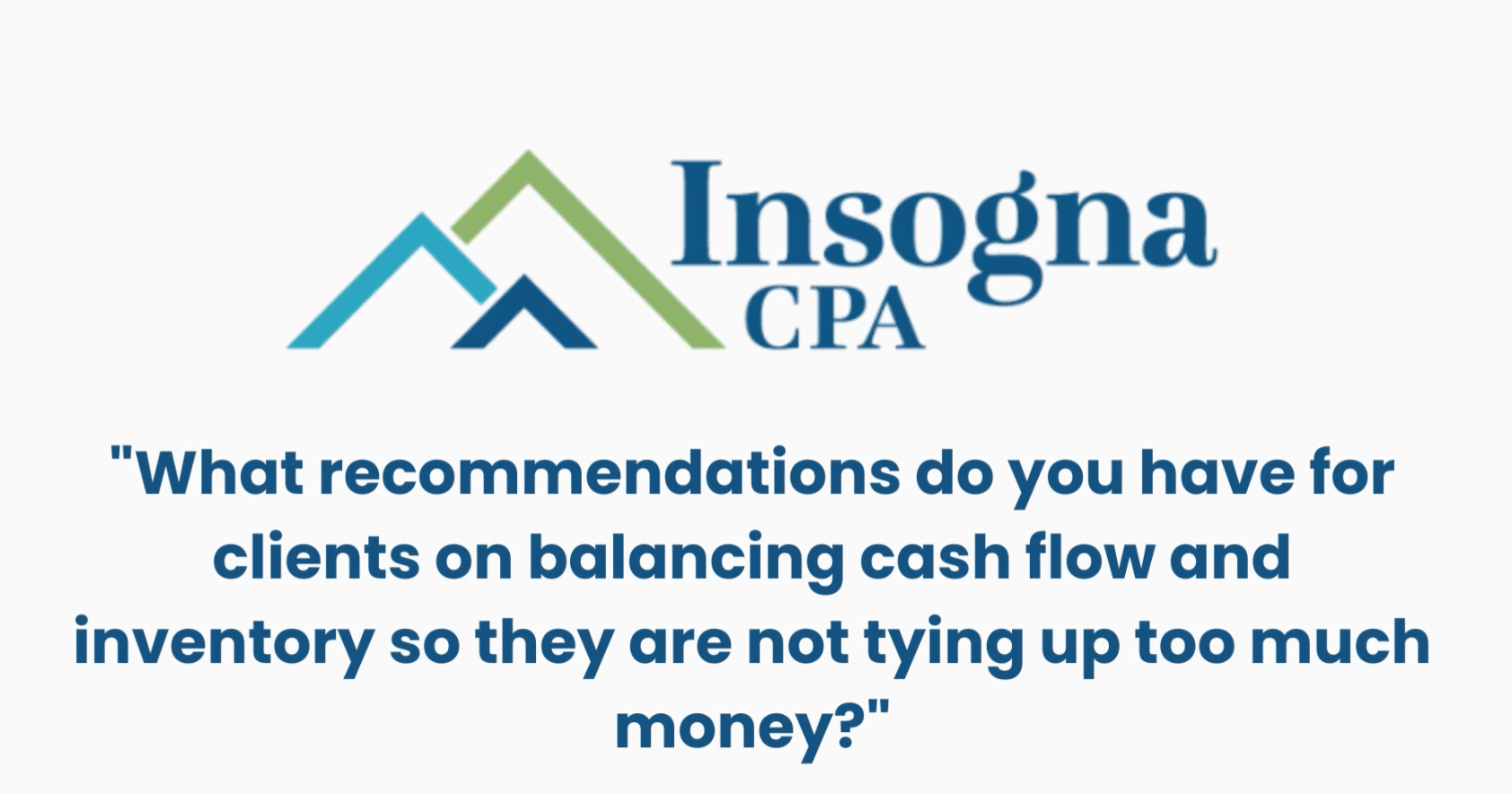
Cash basis vs. accrual basis accounting methods are the common elections. We look at what’s best for your business. But in general eCommerce clients are best for cash basis because inventory is not an expense and you claim sales in the month in which they are paid. We provide clients with weekly, monthly, quarterly reports based on the accrual basis because it more accurately reports the number versus large variations seasonally. Accrued basis is what we use for management purposes. For tax purposes, it could go either way.
Not specifically in 2023. Other than meals changing from 100% – 50% deduction. Most clients are still within the Section 179 cap where you can expense equipment as much as possible. If you’re looking to buy a car that’s a conversation we should have because bonus depreciation has reduced on autos. Let’s have a conversation to see what that deduction would look like before making the purchase.
We have a whitepaper that describes what eCommerce clients go through when they scale their business and what you might discover as you grow. One of the secrets to scaling is to make sure you’re on track and recognize what the next level looks like so you can begin to plan for it, operationally and with cash flow. As an advisor we are advising clients on next stages and making sure they are aware of what’s coming down the pipe. WE have the perspective to understand what your goals are to scale and what you can be looking for.
In general we are helping clients to build up starting with three, then six, etc. to save for a rainy day. While it looks good to reinvest into the business, if you don’t have anything to fall back on, say a cash reserve for taxes or unexpected life challenges, you might be in a bind. We advise clients about estimated tax due for the year and recommend they put that money in a short-term account, in addition to building up short-term savings for yourself. We believe in the pay-yourself-first concept. It’s a balance act, based on a client-by-client basis, and something we’re constantly monitoring for clients.
For connecting Amazon seller data with our accounting software, we use A2X. I can never understand why a client would connect a solution that submits individual transactions (that flood the general ledger) or enter data manually. A2X is seamless, allows for accrual accounting, and is incredibly accurate. – Chase Insogna, CPA

